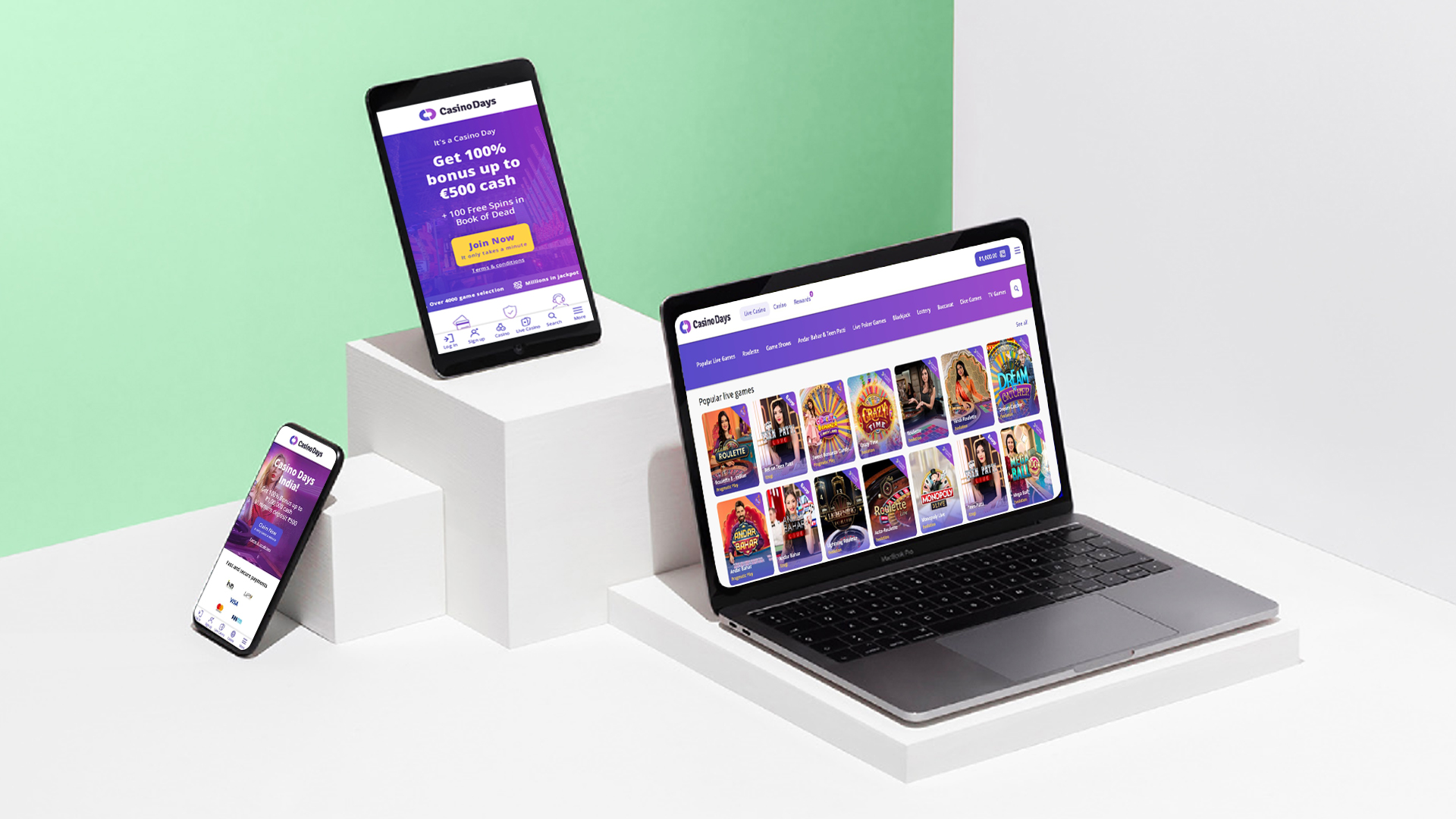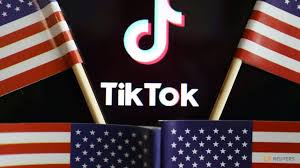Top News
India slams US panel report on religious freedom

New Delhi: India has slammed a US government panel report that claims direct link between the 2014 general elections in India and the spike in attacks on religious minorities in the country.
The report said since the 2014 elections, religious minority communities in India have been “subject to derogatory comments by politicians linked to the ruling BJP” as well as “numerous violent attacks and forced conversions by Hindu nationalist groups, such as RSS and VHP”.
External affairs spokesperson Vikas Swarup said, “Our attention has been drawn to a report of the USCIRF which has passed judgement on religious freedom in India. The report appears to be based on limited understanding of India, its constitution and its society.”
“We take no cognizance of the report,” he said.
The US Commission on International Religious Freedom (USCIRF) released its 2015 Annual Report on April 30.
USCIRF is an “independent, bipartisan US federal government commission, the first of its kind in the world, dedicated to defending the universal right to freedom of religion or belief abroad,” the website says.
“USCIRF reviews the facts and circumstances of religious freedom violations and makes policy recommendations to the President, the Secretary of State, and Congress. USCIRF Commissioners are appointed by the president and the Congressional leadership of both political parties,” says the website.
The annual report, which devoted five pages to India, has recommended that India along with 10 countries be placed as Tier 2 countries as “those countries whose governments engage in or tolerate at least one of the elements of the ‘systematic, ongoing, and egregious’ standard, but do not fully meet the CPC standard.”
CPC stands for “Countries of Particular Concern” — defined under law as countries where particularly severe violations of religious freedom are tolerated or perpetrated: Central African Republic, Egypt, Iraq, Nigeria, Pakistan, Syria, Tajikistan, and Vietnam.
The eight Tier 2 countries are: Afghanistan, Azerbaijan, Cuba, India, Indonesia, Kazakhstan, Laos, Malaysia, Russia, and Turkey.
Other countries monitored include Bahrain, Bangladesh, Belarus, Cyprus, Kyrgyzstan, and Sri Lanka.
The report, which devotes a section to “Hindu Nationalist Groups and Forced Conversions”, mentions the proposed “Ghar Wapsi” plan of RSS leader Mohan Bhagwat on Christmas Day last year as well as the other reported incidents of “ghar wapsi” (re-co0nversions) by Hindu rightwing groups.
On the anti-conversion law passed by some states, it claims the law is “one-sided” and is “only concerned about conversions away from Hinduism but not towards Hinduism”.
It says: “Observers note they create a hostile, and on occasion violent, environment for religious minority communities because they do not require any evidence to support accusations.”
The report also notes US President Barack Obama’s comments on religious freedom in India, including during his visit to India in January and during the US National Prayer Breakfast address in February.
Obama in his town hall event in New Delhi had “underscored the importance of religious freedom to India’s success”, urging the country to not be “splintered along the lines of religious faith”.
Among its six recommendations to the US government are: “Integrate concern for religious freedom into bilateral contacts with India, including the framework of future Strategic Dialogues, at both the federal and provincial level”; “Increase the US embassy’s attention to issues of religious freedom and related human rights, including through visits by the Ambassador and other officials to areas where communal and religiously-motivated violence has occurred or is likely to occur and meetings with religious communities, local governmental leaders, and police; “Urge the central Indian government to press states that have adopted anti-conversion laws to repeal or amend them to conform with internationally-recognized human rights standards”; “Urge the Indian government to publicly rebuke government officials and religious leaders that make derogatory statements about religious communities.”
Entertainment
Casino Days Reveal Internal Data on Most Popular Smartphones

International online casino Casino Days has published a report sharing their internal data on what types and brands of devices are used to play on the platform by users from the South Asian region.
Such aggregate data analyses allow the operator to optimise their website for the brands and models of devices people are actually using.
The insights gained through the research also help Casino Days tailor their services based on the better understanding of their clients and their needs.
Desktops and Tablets Lose the Battle vs Mobile
The primary data samples analysed by Casino Days reveal that mobile connections dominate the market in South Asia and are responsible for a whopping 96.6% of gaming sessions, while computers and tablets have negligible shares of 2.9% and 0.5% respectively.
The authors of the study point out that historically, playing online casino was exclusively done on computers, and attribute thе major shift to mobile that has unfolded over time to the wide spread of cheaper smartphones and mobile data plans in South Asia.
“Some of the reasons behind this massive difference in device type are affordability, technical advantages, as well as cheaper and more obtainable internet plans for mobiles than those for computers,” the researchers comment.
Xiaomi and Vivo Outperform Samsung, Apple Way Down in Rankings
Chinese brands Xiaomi and Vivo were used by 21.9% and 20.79% of Casino Days players from South Asia respectively, and together with the positioned in third place with a 18.1% share South Korean brand Samsung dominate the market among real money gamers in the region.
Cupertino, California-based Apple is way down in seventh with a user share of just 2.29%, overshadowed by Chinese brands Realme (11.43%), OPPO (11.23%), and OnePlus (4.07%).
Huawei is at the very bottom of the chart with a tiny share just below the single percent mark, trailing behind mobile devices by Motorola, Google, and Infinix.
The data on actual phone usage provided by Casino Days, even though limited to the gaming parts of the population of South Asia, paints a different picture from global statistics on smartphone shipments by vendors.
Apple and Samsung have been sharing the worldwide lead for over a decade, while current regional leader Xiaomi secured their third position globally just a couple of years ago.
Striking Android Dominance among South Asian Real Money Gaming Communities
The shifted market share patterns of the world’s top smartphone brands in South Asia observed by the Casino Days research paper reveal a striking dominance of Android devices at the expense of iOS-powered phones.
On the global level, Android enjoys a comfortable lead with a sizable 68.79% share which grows to nearly 79% when we look at the whole continent of Asia. The data on South Asian real money gaming communities suggests that Android’s dominance grows even higher and is north of the 90% mark.
Among the major factors behind these figures, the authors of the study point to the relative affordability of and greater availability of Android devices in the region, especially when manufactured locally in countries like India and Vietnam.
“And, with influencers and tech reviews putting emphasis on Android devices, the choice of mobile phone brand and OS becomes easy; Android has a much wider range of products and caters to the Asian online casino market in ways that Apple can’t due to technical limitations,” the researchers add.
The far better integration achieved by Google Pay compared to its counterpart Apple Pay has also played a crucial role in shaping the existing smartphone market trends.
Content provided by Adverloom

























